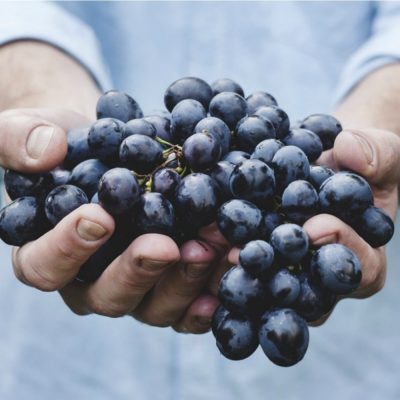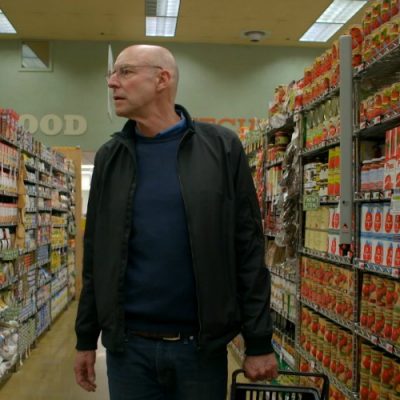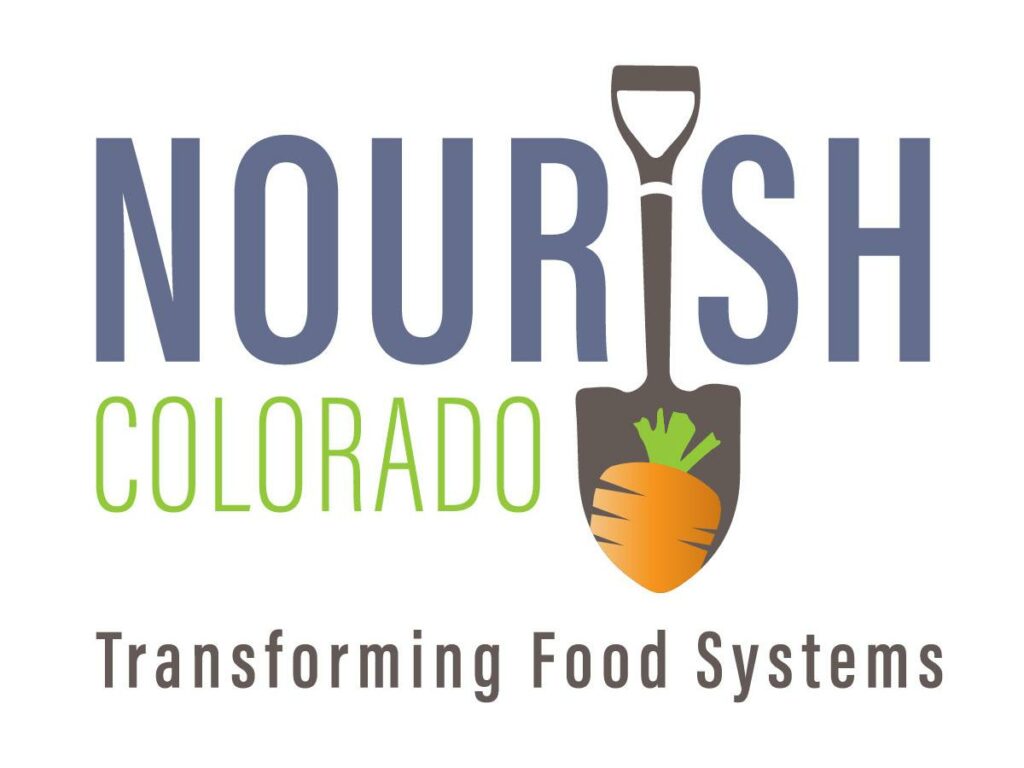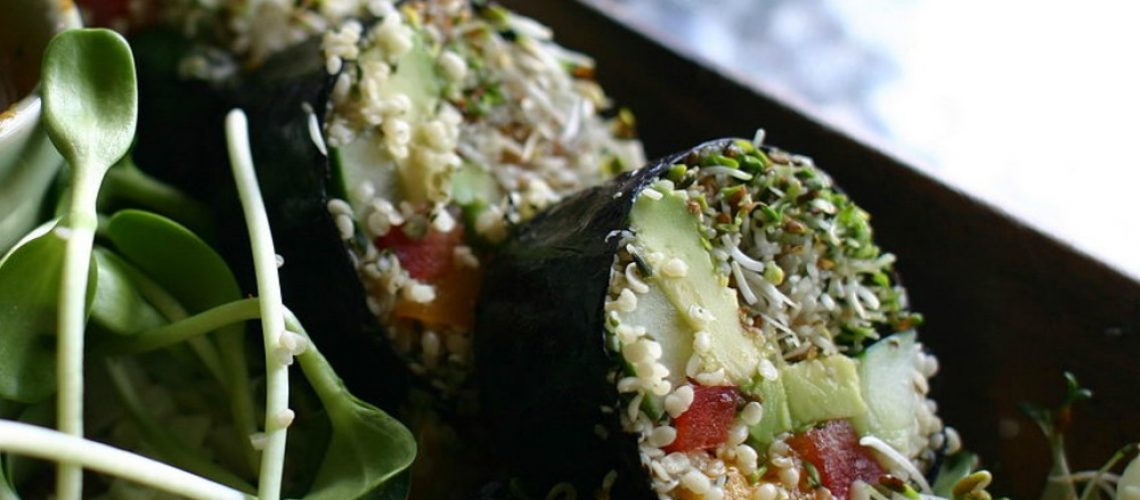Michael Pollan’s “In Defense of Food” Film: Reflections from LiveWell’s Nutrition, School Food & Food Systems Experts
 LiveWell Colorado recently co-hosted three Denver-area public screenings of Michael Pollan’s film, In Defense of Food. Two of our subject matter experts participated in panel discussions following the screenings. Below, we reflect on some of the issues raised in the film and subsequent discussions, and how they relate to LiveWell’s work.
LiveWell Colorado recently co-hosted three Denver-area public screenings of Michael Pollan’s film, In Defense of Food. Two of our subject matter experts participated in panel discussions following the screenings. Below, we reflect on some of the issues raised in the film and subsequent discussions, and how they relate to LiveWell’s work.
“Eat food. Not too much. Mostly plants.” This is best-selling author Michael Pollan’s simple answer to the seemingly complex, often contested question, “What should humans eat to be healthy?” Pollan came to his conclusion after a long, fascinating journey delving into humans’ complex relationship with food. In the PBS documentary In Defense of Food, Pollan explains that—despite faulty nutrition science, deceptive marketing practices, and other external forces that influence our diets—humans have an innate hunger for “real food.” And when we go with our gut and eat real food, healthfulness results.
Unfortunately, “the food we’re eating today is very different from what it used to be,” Pollan says, explaining that modern technology has “replaced real food with scientifically engineered ‘food-like substances,’” that are taking a huge toll on our health.
“We have to think about the next generation,” says Gabriella Warner, a Registered Dietitian and Director of LiveWell Colorado’s School Food Initiative. “The fact that we’re starting to see young kids with metabolic syndrome [a cluster of risk factors related to heart disease and other health problems, such as type 2 diabetes and stroke] is very alarming.”
 Because diet directly contributes to these conditions, Warner says eating better is the responsible solution—but that’s easier said than done. “Our environment is inundated with highly processed food, making it difficult to eat for optimal health. The school food environment is no exception, which is why LiveWell’s School Food Initiative works to bring scratch cooking into Colorado school kitchens,” she says. “It’s a tangible, concrete way to start putting real food back on the table.”
Because diet directly contributes to these conditions, Warner says eating better is the responsible solution—but that’s easier said than done. “Our environment is inundated with highly processed food, making it difficult to eat for optimal health. The school food environment is no exception, which is why LiveWell’s School Food Initiative works to bring scratch cooking into Colorado school kitchens,” she says. “It’s a tangible, concrete way to start putting real food back on the table.”
Wendy Peters Moschetti, LiveWell’s Director of Food Systems, struggles with similar challenges in her work. “Eat real food. It sounds so simple, right? And it should be as easy as it sounds—but it’s just not. We live in an environment where policies and our surroundings make it hard to eat healthy, especially for low-income communities, communities of color, and communities isolated from healthy food,” she says.
Many low-income families in Colorado and throughout the U.S. struggle to find fresh produce they can afford, and often live in communities that lack healthy food retail options, yet are flooded with places to buy cheap, highly processed food loaded with calories, sugar, salt, and fat. So while the tendency in western culture is to place blame solely on individuals for making poor food choices, in reality many don’t have much of a choice at all.
“This is a huge challenge LiveWell is addressing,” explains Peters Moschetti. “I think it’s our job to work alongside communities to put policies and systems in place that make the healthy choice the abundant choice. We need to keep talking about how issues like access and affordability look different from community to community, and have a real impact on health,” she says.
Warner couldn’t agree more. “It all starts with getting involved in your community, being vocal, and asking questions,” she says. “If you have kids, find out what’s being served in their school. Advocate for non-food or healthy food rewards and fundraisers instead of the usual treats and bake sales. Or if you frequent a local farmers market, ask if they accept SNAP [food stamps].”
In short, let’s shift the conversation and effort so we’re not just addressing individual behavior change, but also systems and policy changes that will have a greater, lasting impact on the health of our communities and the future of our kids.
As Pollan says, let’s “take the beautiful path” to health.

